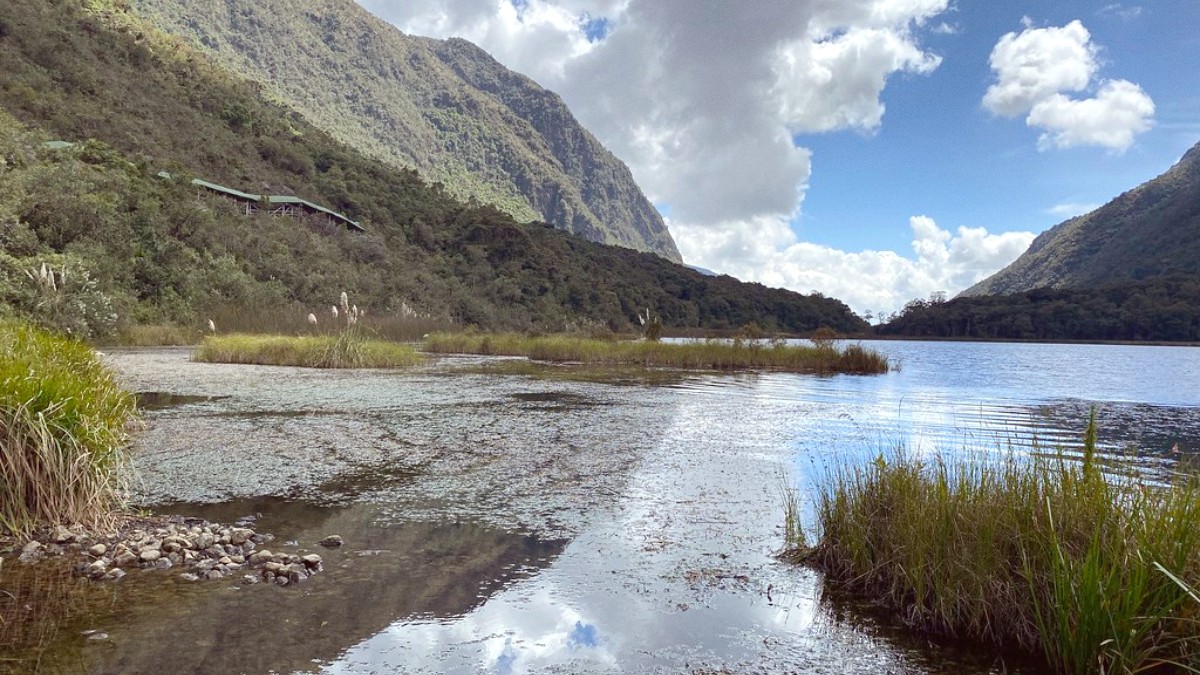
The Southern Highlands, Ecuador
Cajas National Park protects paramo ecosystems and water sources. Visitors expect to follow park rules: stay on marked trails, do not litter, do not disturb wildlife or plants, and carry out all trash. These rules protect a delicate environment.
Ecuador, like many developing countries, faces challenges with waste management. Minimize your waste by refusing single-use plastics like straws and bags. Carry reusable alternatives. Look for designated recycling bins, though they may not be as common as in your home country. Ask your accommodation about recycling options available for guests.
While Cuenca is in a water-rich region due to Cajas National Park, water conservation carries importance, especially in hotels. Be mindful of water usage, for example, by taking shorter showers. This collective effort safeguards precious resources.
Cultural preservation efforts underscore Cuenca's identity. Your interactions reflect respect.
Cuenca's Historic Center holds UNESCO World Heritage status. This highlights preservation of colonial architecture and traditions.
Engage politely. Accept a 'no' with grace.
Mind privacy. Do not photograph children without parental consent.
Dress modestly, covering shoulders and knees. Maintain silence inside churches.
Engaging respectfully with local customs enriches your travel experience and shows genuine appreciation for the culture.
Your choices as a traveler directly benefit local communities. Support practices promoting fair economic growth.
Seek out tour operators partnering with local communities for authentic experiences.
Purchase handicrafts directly from artisans at local markets or workshops.
Eating at local restaurants (huecas) and staying in locally-owned guesthouses.
Avoid activities that exploit people or animals.
Support reputable local charities or non-governmental organizations.
Direct money to beggars can sometimes perpetuate poverty cycles.
Research organizations focusing on long-term development or social welfare.